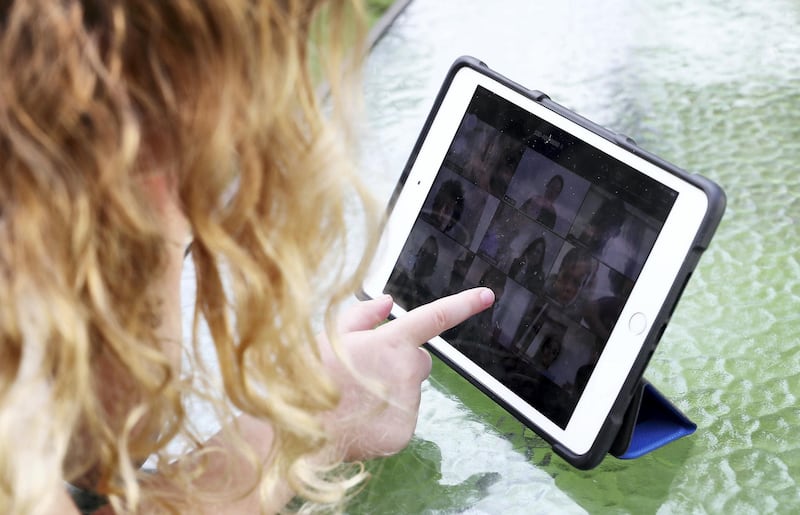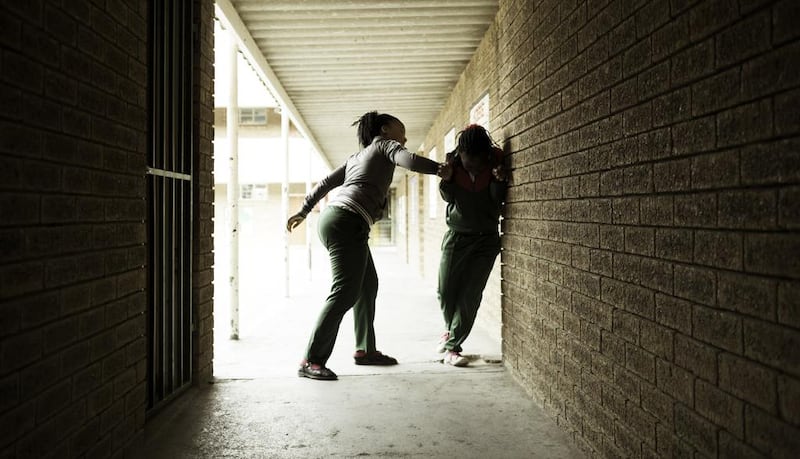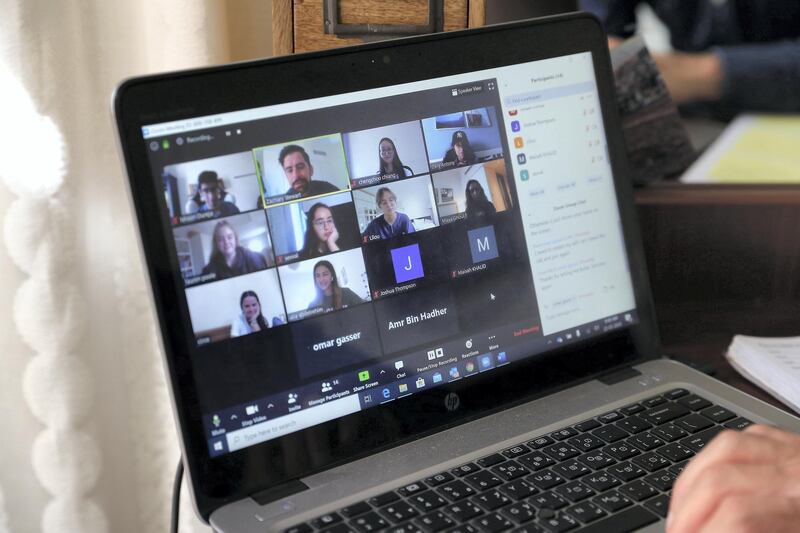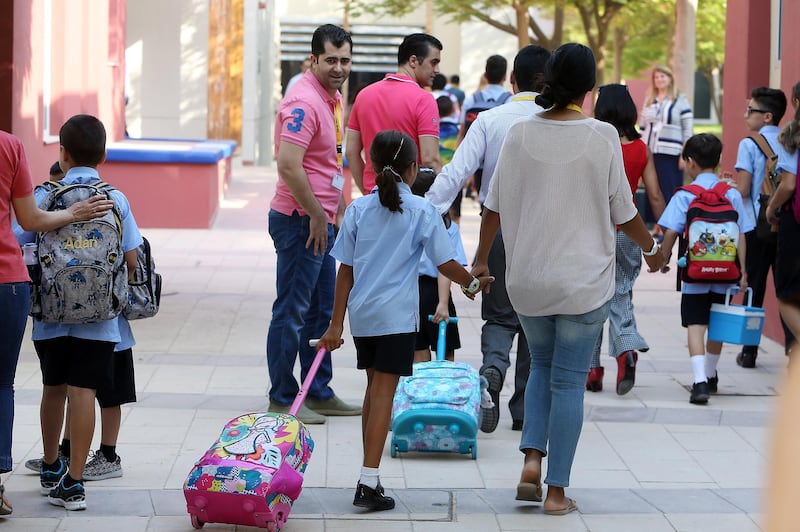As more people in the UAE return to offices and many schools continue with online-only classes, parents may be wondering if their young children can be left home alone.
The pandemic has resulted in major changes to people's working lives and hours.
While some parents in the country have the option of working from home, others do not.
Some employees have returned to the office full-time, while others work from home a few days per week. Many schools have not opened fully and offer distance learning or a hybrid model, where only some pupils are allowed on campus each day.
Authorities in Abu Dhabi have said students in grades 6 to 8, also known as years 7 to 9 in the British school system, will continue remote learning "for the foreseeable future".
So far, 1,025 schools in the UAE are conducting distance learning while 212 schools are offering in-person classes, said officials during a media briefing on Tuesday.
That has put many parents without help at home in a predicament: what to do about their children’s care while they are at work?
At what age can children be home alone?
The UAE law is very clear on this point: it is illegal to leave children unattended at home.
Anyone who endangers the life of a child less than seven years of age can be imprisoned between one month to three years, or be fined up to Dh10,000.
Caregivers will be punished if a child is left without proper supervision.
A caregiver who leaves a child under 15 unattended can be imprisoned for two years if the child suffers permanent disability or death.
In 2011, Daniel Kuriakose, 12, a student at Delhi Private School in Sharjah, died alone after accidentally hanging himself on a karate belt. His mother was only minutes away from returning home.
His death came just 10 days after a five-year-old Dubai boy accidentally fell from an eighth-floor apartment, dying soon after. His distraught mother threw herself to her death from the same window moments later.
Have exceptions been made?
In May, police in Abu Dhabi dispatched a patrol car to be stationed outside a family’s building 24-hours a day after a mother, her husband and in-laws were admitted to hospital with the coronavirus.
They were forced to leave their children, aged between three and 13 home alone.
Police found out about the situation and Asma Al Jasmi, a civilian administrative staff officer, arranged for food from a nearby restaurant and provisions from a supermarket to be delivered to the children for 17 days until their family returned.
Police visited often to check on the children and delivered food three times a day.
What can parents do if they have to return to work full-time and do not have childcare?
Abu Dhabi and Dubai government employees with children enrolled in distance learning programmes have been offered the option to work remotely.
Employees must provide a letter from the school confirming that their children are enrolled in distance learning for the first school semester, to be able to work remotely.
Women government employees who have disabled children or pupils in grades 6 and below are also allowed to work from home.
Anyone working for a private company would either have to negotiate on work from home terms with their employer or employ someone from an agency to look after their children while they are at work.
It is illegal to hire a maid or a nanny who is not under your sponsorship.
Residents who hire illegal housemaids can be fined up to Dh50,000.














